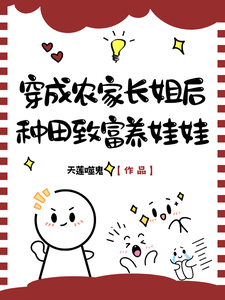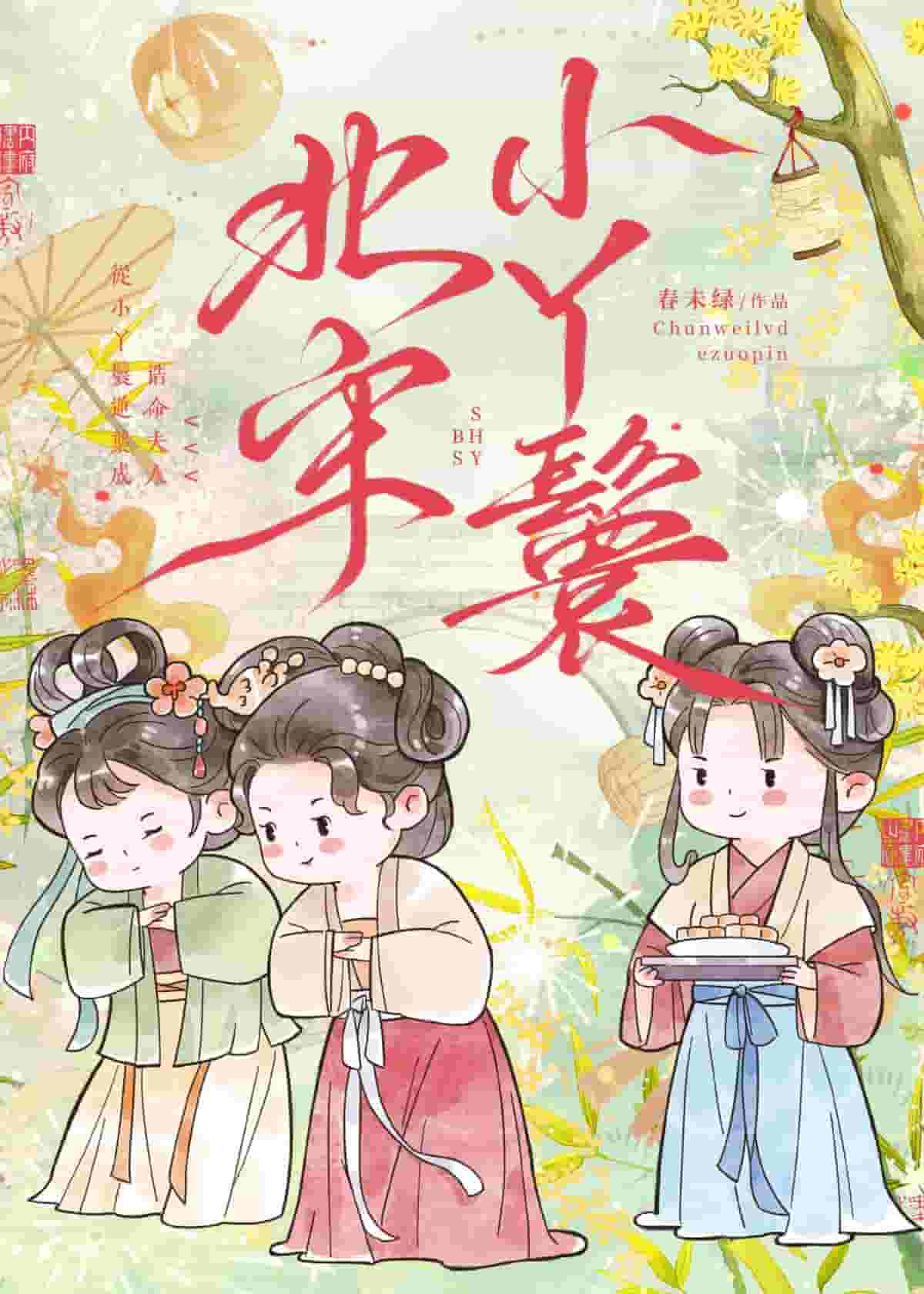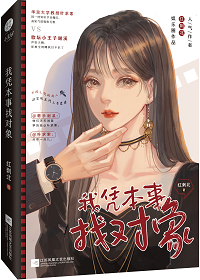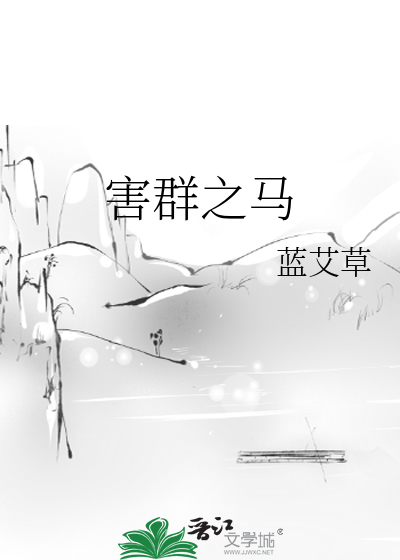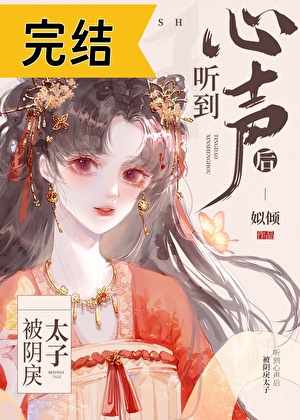To be honest, dividing their family assets was quite straightforward.
Mother Huo began by outlining their income: "Before 1955, when the country was facing difficulties and salaries weren’t yet graded, your father, grandparents, and I didn’t earn much. Most of it went toward furnishing the household."
"In July 1955, when salaries were officially graded, your grandparents had already reached retirement age. According to the policies at the time, those who participated in revolutionary work during the Anti-Japanese War, like your grandparents, received 90% of their graded salary as a pension."
"Your grandfather’s graded salary was 425 yuan, and your grandmother’s was 63 yuan. Calculating 90% of that, their combined monthly pension came to 439.2 yuan."
"From July 1955 until now, they’ve received a total of 70,272 yuan in pensions over 13 years and 4 months."
After discussing her in-laws, Mother Huo moved on to Father Huo’s salary.
"At the time of grading, your father was a deputy military officer with a monthly salary of 252 yuan. By 1958, he was promoted to full military officer, and his salary rose to 277 yuan."
"In 1963, he advanced to the rank of major military district officer, earning 382 yuan per month."
"His total salary over the first three years was 9,072 yuan, the next five years 16,620 yuan, and the last five years and four months 24,448 yuan—adding up to 50,140 yuan in total."
"Next is mine. The General Political Department’s Cultural Troupe is a division-level unit. When salaries were graded in 1955, I was a battalion-level officer with a monthly salary of 101 yuan."
"In 1959, I was promoted to deputy regimental level, earning 127 yuan per month. By 1964, I became a full regimental officer, with a salary of 141 yuan."
"Over these years, I’ve earned a total of 19,800 yuan."
"That’s all our family’s income over the past decade or so, totaling 140,212 yuan."
Hearing this number, Jiang Si was quite surprised.
But in those days, salaries were indeed determined by rank, and given her grandparents' and parents' positions, earning this much wasn’t unusual.
After all, in the military, promotions were entirely based on merit—and merit was something earned through blood and sacrifice.
As her thoughts wandered, Mother Huo began tallying their household expenses over the years. Compared to income, expenditures were far more fragmented.
Mother Huo listed only the major expenses.
First was the house in the Western Hills compound. When they moved in, aside from the furniture provided by the military, Mother Huo had to purchase many additional items.
At the time, furniture and daily necessities were quite expensive, costing around 1,000 yuan.
Next came the weddings of their children.
Nowadays, a full set of 72 pieces of furniture cost about 500 yuan.
The "Three Must-Haves and One Sound" (watch, sewing machine, bicycle, and radio) also came to roughly the same amount: a watch cost 120 yuan, a sewing machine around 155 yuan, a bicycle between 160 and 180 yuan, and even the most basic radio was at least 80 yuan.
Combined, including the necessary coupons, each child’s wedding expenses came to about 1,200 yuan. If dowry money was included, each child’s wedding cost over 2,000 yuan.
Then there were daily living expenses.
Running a household required spending on firewood, rice, oil, salt, sauce, vinegar, and tea—everything cost money.
Take food, for example. With over a dozen mouths to feed, just buying the monthly grain ration cost dozens of yuan.
Add in daily groceries, eggs and milk for the children, and occasional snacks, and the monthly living expenses alone exceeded 100 yuan.
If social engagements and clothing purchases over the years were factored in, the total was even higher.
But these weren’t the biggest expenses.
The largest expenditure was actually the money Father Huo had anonymously donated over the years.
He often said that failing to bring all his comrades home safely was his greatest regret in life.
So whenever disasters struck or soldiers’ families faced hardships, he would do what he could to help.
Though Mother Huo tightly controlled Father Huo’s personal spending, she never hesitated when it came to such matters.
Finally, there were miscellaneous expenses.
Since Mother Huo sometimes went on goodwill performances, she couldn’t possibly record every single household expense in detail.
After all these calculations, subtracting all expenditures, the family’s savings account still held 68,468.56 yuan.
Oh, and one more thing—the money returned by the Yang family today, totaling around 12,000 yuan.
That meant they now had roughly 80,468 yuan on hand (the cents could be ignored).
Over the years, each branch of the family had kept their own salaries, contributing only a nominal amount for living expenses while the bulk of spending came from the elders’ savings.
Now, the only ones at a disadvantage were the eldest and third branches.
After clarifying income and expenses, Mother Huo addressed the second and fourth sons:
"You two grew up by my side, unlike your eldest and third brothers, who never had a single day of comfort with me."
"I’ve roughly calculated that raising you two cost about 150 yuan per year, and after marriage, we subsidized you at roughly the same rate."
"Let me be clear—before dividing the family assets, I’ll compensate your eldest and third brothers for this."
"Additionally, since your eldest brother settled in the border regions, his situation is similar to the third son’s. Aside from dowry and wedding expenses, I’ll give each of them an extra 2,000 yuan as settling-in funds."
"Oh, and the money Jiang Si recovered for the third son’s medical treatment—that’ll go directly to her."
"Any objections?"
"If you have any, speak now. Don’t whisper behind my back after the division is done."
Hearing this, the second and fourth branches shook their heads. This money belonged to their parents and grandparents—how it was distributed was entirely up to them.
They had no complaints.
"Good, no objections then."
After deducting these amounts, the account still held over 60,000 yuan.
According to the Huo family tradition, 50% of this sum would be passed down as inheritance to the next successor, while the remaining 50% constituted the family assets.
Mother Huo calculated that dividing 30,000 yuan into four shares meant each branch would receive about 7,500 yuan.
She had already gone over these figures multiple times, so when she reissued the savings passbook a few days prior, she had converted the family’s savings into anonymous deposit certificates.
But Jiang Si was unaware of these family traditions.
When Mother Huo handed her the deposit certificate, she froze for a long moment. "Mom, did you miscalculate?"
Mother Huo shook her head and explained the situation.
Not just these deposit certificates—from now on, their salaries, along with the grandparents’, would also be reserved for the third branch.
That was why the grandparents’ pensions had been included under Father Huo’s name.
Because when the Huo family’s assets were handed down to Father Huo, Huo's fourth uncle had already received his share.
As for the other branches of the Huo family, Father Huo had already discussed the matter with them in advance.
The second and fourth uncles had no objections.
The eldest son might visit the elderly couple when he had time in the future, but staying in Capital City was unlikely.
Thus, the Huo family could only be entrusted to the third son and his wife, Jiang Si.
After listening, Jiang Si didn’t refuse. Since this was the Huo family’s tradition, she saw no reason to feel awkward about it.
However, the 30,000-yuan savings deposit only passed through her hands briefly before returning to Mother Huo.
At that moment, Mother Huo was taken aback.
“Si-Si, what are you—” Was she unwilling?
Fortunately, Jiang Si quickly explained herself. “Mom, I’d like to use this money as the Huo family’s education fund.”
“Education fund?”
“Yes! From now on, any descendant of the Huo family—whether they excel in exams or achieve notable accomplishments in any field—will receive a monetary reward.”
“You mean to use this money to nurture the next generation?”
“Exactly.”
Jiang Si nodded, her tone earnest. “Mom, the rise and fall of a family can never rely on just one branch to sustain it. Tingzhou and I hope that in the future, the Huo descendants can come together like a blazing fire and scatter like stars across the sky, with each child shining in the field they’re passionate about.”
“Only then can we pass down our legacy from generation to generation.”
Thirty thousand yuan meant little to Jiang Si.
But if it could buy an opportunity for the entire family to thrive—or create an environment of healthy competition—she considered it well worth it.
Upon hearing her words—“Come together like a blazing fire, scatter like stars across the sky”—the Huo family members felt an inexplicable surge of emotion.
Grandpa and Grandma Huo exchanged a glance before smiling in satisfaction.
“Let’s proceed as Si suggests.”
They had always believed that entrusting the Huo family to them was the right decision.
They didn’t know how other families handled divisions of property, but the Huo family’s distribution could only be described as harmonious.
The only disagreement arose after lunch.
In high spirits, the family had ordered several extra dishes. Father Huo, along with the second and fourth uncles, even shared a rare drink with the old patriarch.
Seeing this, Jiang Si quietly went to settle the bill.
But the moment she handed over the money, Yang Meina swiftly intercepted her. “Let me handle this!”
Then Guan Xue joined in. “Second sister-in-law, third sister-in-law, allow me this time.”
“No, I’ll do it.”
“Second sister-in-law, please let me—”
“I insist!”
Mother Huo, slightly slower to react, couldn’t help but laugh at the scene.
In the end, none of them could outmatch her. After paying the bill, she cheerfully took her three daughters-in-law to Capital City’s department store in the afternoon.
Perhaps joy brings its own energy—shortly after noon the next day, the long-awaited phone call the Huo family had been anticipating finally rang out.


